
How Long Would It Take to Learn Mechanical Engineering?
Sep 04, 2024 5 Min Read 3193 Views
(Last Updated)
Think about all the amazing machines around us – from cars to robots. Mechanical engineers are the ones who create and design them. Have you ever wondered, “How long would it take to learn Mechanical Engineering ?”
In this article, we’re going to talk about all the things that decide how long it takes to learn mechanical engineering. Whether you want to go to college for it or learn on your own, understanding these things will help you make smart choices and know what to expect.
Together, we’ll uncover the exciting answer to the question: How much time does it really take to learn about mechanical engineering? Let’s get started on this learning adventure!
Table of contents
- I. The Learning Path to Becoming a Mechanical Engineer
- A. Bachelor's Degree
- B. Master's Degree
- II. Factors that Affect How Long It Takes to Learn Mechanical Engineering
- A. What You Already Know
- B. How You Learn and What You Use
- C. Your Effort and How Fast You Learn
- III. Realistic Timeframes for Learning Mechanical Engineering
- A. Getting the Basics Down
- B. Taking It to the Next Level
- IV. Supercharging Your Learning Journey as a Mechanical Engineer
- A. Super Fast Learning Programs
- B. Smart Learning Techniques
- Conclusion
- FAQs
- How long does it take to become a mechanical engineer?
- Can I learn mechanical engineering faster with special programs?
- How can I speed up my learning process in mechanical engineering?
I. The Learning Path to Becoming a Mechanical Engineer

Learning about mechanical engineering is like going on an exciting journey. There are different ways to learn, like getting a bachelor’s degree or a master’s degree. Each way teaches you new things and helps you become really good at mechanical engineering. Let’s explore these ways of learning, starting with the bachelor’s degree and going all the way to the master’s degree. We’ll see how much time they take and what cool stuff you can do with them!
A. Bachelor’s Degree

Bachelor’s Timeframe: Let’s start with the first step, the bachelor’s degree. Typically, it takes about four years to complete a bachelor’s degree in mechanical engineering. During these four years, you’ll be learning a bunch of cool stuff. In the beginning, you’ll cover the basics, like math and physics. As you move forward, you’ll get into more specific subjects, like mechanics (how things move) and materials (what things are made of). You’ll also explore how machines work and how to design them. Think of it as building a strong foundation of knowledge.
Hands-On Learning: But it’s not all books and lectures! You’ll also get your hands dirty with hands-on projects and experiments. Internships and projects are like special missions where you work with real companies or create your own mechanical wonders. These experiences give you a taste of the real world and show you how to use what you’ve learned in the classroom.
Before we move on to the next part, you should have a deeper knowledge of key mechanical engineering concepts. You can consider enrolling yourself in GUVI’s CAD Program for Mechanical Engineers, which lets you gain practical experience by developing real-world projects and covers technologies including AutoCAD, Solidworks, CATIA, Ansys, GD & T, etc.
Additionally, if you would like to explore AutoCAD for Mechanical Engineering through a self-paced course, you can take GUVI’s AutoCAD Mechanical Certification Course.
B. Master’s Degree
Master’s Time Addition: Now, let’s talk about taking it a step further with a master’s degree. If you decide to pursue a master’s in mechanical engineering, it usually takes an additional two years on top of your bachelor’s. That’s a bit more time, but it comes with extra rewards! During these two years, you’ll go deeper into the world of mechanical engineering. You’ll specialize in a particular area that really interests you. This could be robotics, energy systems, or even designing futuristic gadgets. With specialized knowledge, you become a superhero in your chosen field.
Research Opportunities: One cool thing about a master’s is that you’ll get the chance to do research. Imagine trying to solve a puzzle that no one else has cracked before! You’ll work on projects that push the boundaries of what we know about machines and mechanics. This kind of work can lead to amazing discoveries and innovations. Having a master’s degree can open doors to more advanced job opportunities. It’s like having a secret code that shows employers you’re a mechanical wizard. You might even end up in leadership roles or working on super exciting projects.
So, whether you’re aiming for a bachelor’s or thinking about leveling up with a master’s, each step of the educational journey in mechanical engineering adds up to your skills and expertise. It’s like building a toolkit that allows you to shape the future through mechanical marvels!
II. Factors that Affect How Long It Takes to Learn Mechanical Engineering
Learning about mechanical engineering isn’t the same for everyone. It depends on a bunch of things that make your learning journey unique. Let’s take a closer look at these factors:
A. What You Already Know

If you already know some stuff about math or science, learning mechanical engineering might be a bit easier. Things you’ve learned before can help you understand new concepts faster. Sometimes, skills you’ve learned in other areas can be useful in mechanical engineering. For example, if you’re good at problem-solving, it can help you figure out how things work.
B. How You Learn and What You Use

Some people like to learn by reading on their own, some prefer traditional classes, and some love online courses. Each way has its own speed. Self-paced learning lets you go as fast as you want, while classroom learning has a set pace, and online courses give you flexibility. The things you use to learn, like books, online courses, or videos, can make a big difference. Good resources can help you understand things better and faster.
C. Your Effort and How Fast You Learn
Learning mechanical engineering needs steady practice and effort. The more you practice, the better you become. Imagine you’re learning a new game – the more you play, the more skilled you become. Everyone learns at their own pace. Some people learn things quickly, while others take a bit more time. This can affect how long it takes to become really good at mechanical engineering.
Remember, your journey is your own, and these factors shape how fast you become a mechanical whiz. The effort you put in and the way you learn to play a big part in this exciting adventure!
III. Realistic Timeframes for Learning Mechanical Engineering
Getting really good at mechanical engineering takes time, but let’s break down the different stages:
A. Getting the Basics Down
It usually takes some time, maybe a couple of years, to understand the basic ideas and rules of mechanical engineering. This is like building your foundation. Doing projects and getting hands-on experience is super important. This can help you understand how to use the things you’ve learned. Imagine it like learning to ride a bike – reading about it helps, but actually riding makes you better.
B. Taking It to the Next Level
As you become more comfortable with the basics, you might spend another few years working on more complicated things. This is when you start to understand advanced topics. It’s like moving from easy puzzles to harder ones. Learning about mechanical engineering doesn’t really stop. Even after you’ve become good, you need to keep learning because things change. The world of machines and technology is always evolving, so you need to stay updated. Think of it like keeping up with the latest news.
Remember, these timeframes can be different for each person. Some might become super skilled faster, while others take a bit more time. And that’s totally okay! The key is to keep learning, practicing, and staying curious. With time and effort, you’ll become an amazing mechanical engineer!
IV. Supercharging Your Learning Journey as a Mechanical Engineer
If you’re eager to learn mechanical engineering faster, there are some awesome ways to speed things up:
A. Super Fast Learning Programs
Ever heard of boot camps? These are like intense learning sessions that focus on specific skills. They can be a few weeks long and dive straight into what you need to know. Accelerated programs are like fast-forward buttons for learning mechanical engineering. These programs are designed to help you learn a lot in a short time. They’re like learning in hyperdrive. If you’re up for a challenge and want to become skilled quickly, these can be a great choice.
B. Smart Learning Techniques
When you have clear goals, your learning becomes more focused. You’ll know what you want to achieve, and that keeps you on track. It’s like having a map that shows where you’re headed. Instead of just reading or listening, try doing things actively. Solving problems, building things, or teaching someone else what you’ve learned makes your brain work better. It’s like becoming a hands-on detective of mechanical wonders.
Connecting with people who know more than you can be a huge help. Peers and mentors can give you insights and tricks that you might not find in books. It’s like having secret codes to unlock knowledge.
Remember, while these ways can speed up your learning, they also need extra effort. Fast learning can be intense, but it’s like an express train to becoming a mechanical master. Just choose the way that suits you best, and enjoy the faster ride!
Kickstart your career by enrolling in GUVI’s CAD Career Program for Mechanical Engineers where you will master technologies including AutoCAD, Solidworks, CATIA, Ansys, GD & T, etc, and build interesting real-life mechanical projects.
Alternatively, if you would like to explore AutoCAD for Mechanical Engineering through a self-paced course, you can take GUVI’s AutoCAD Mechanical Certification Course.
Conclusion
Remember, becoming really good at mechanical engineering takes time and effort. Everyone’s journey is unique, so don’t worry if it takes longer or shorter than others. The important thing is to focus on your goals, use what you have, and keep trying.
Just like building amazing machines, becoming a skilled mechanical engineer takes dedication and practice. The challenges you face and the things you learn will help you become a pro at understanding and making cool stuff. So keep going, keep learning, and enjoy your exciting journey into the world of mechanical wonders!
FAQs
How long does it take to become a mechanical engineer?
The time it takes to become a mechanical engineer can vary. If you’re aiming for a bachelor’s degree, it usually takes around four years. If you’re thinking about a master’s degree, that’s an extra two years on top of the bachelor’s. Keep in mind that learning doesn’t stop there – it’s a continuous process to stay updated with the latest in mechanical engineering.
Can I learn mechanical engineering faster with special programs?
Yes, you can! There are special programs like boot camps and accelerated courses that are designed to teach you a lot in a shorter time. These can range from a few weeks to a few months. They’re intense and require a lot of effort, but they can be a fast way to get the skills you need.
How can I speed up my learning process in mechanical engineering?
There are a few ways to learn faster:
Set Goals: Know what you want to learn and set clear goals. It helps you stay focused.
Active Learning: Instead of just reading, get hands-on. Do projects, solve problems – this helps you understand better.
Learn from Others: Connect with people who know more than you. They can give you tips and shortcuts.
Intensive Programs: Consider boot camps and accelerated courses if you’re up for an intense learning experience.

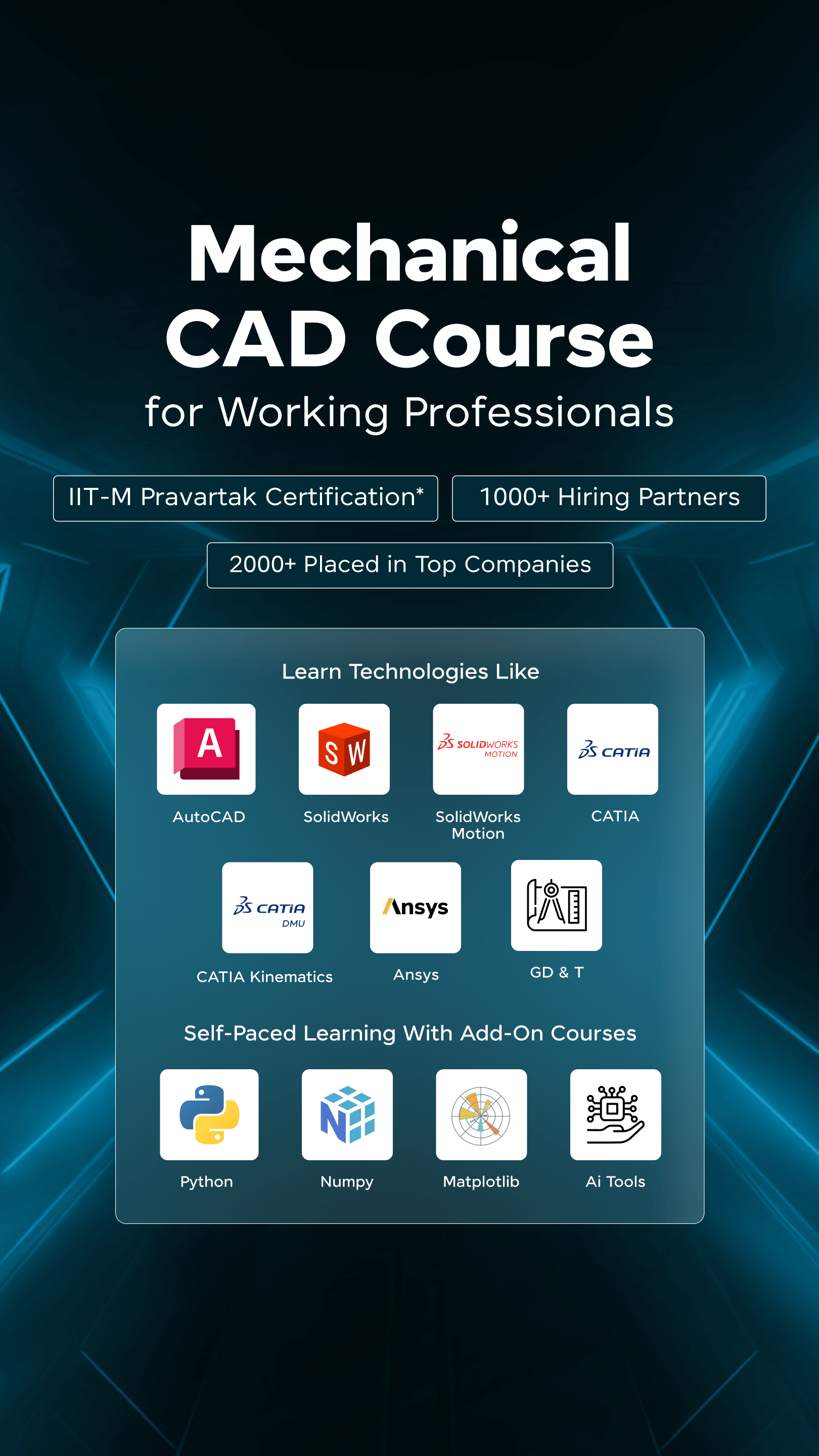

















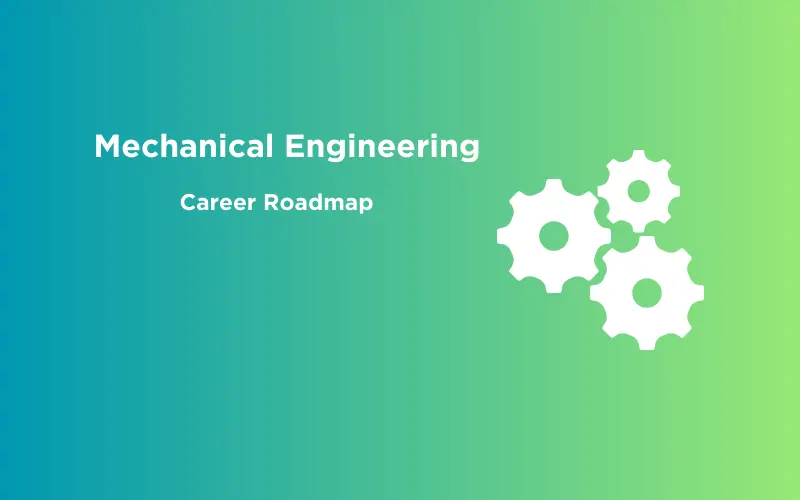
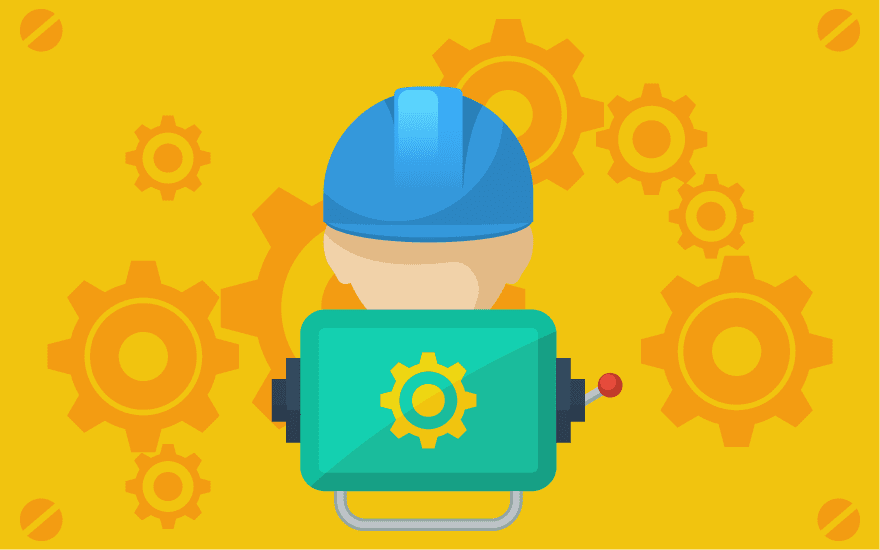
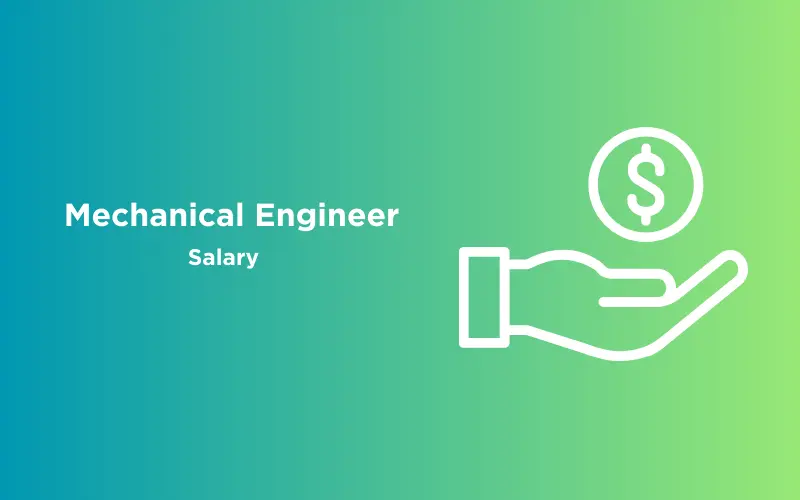

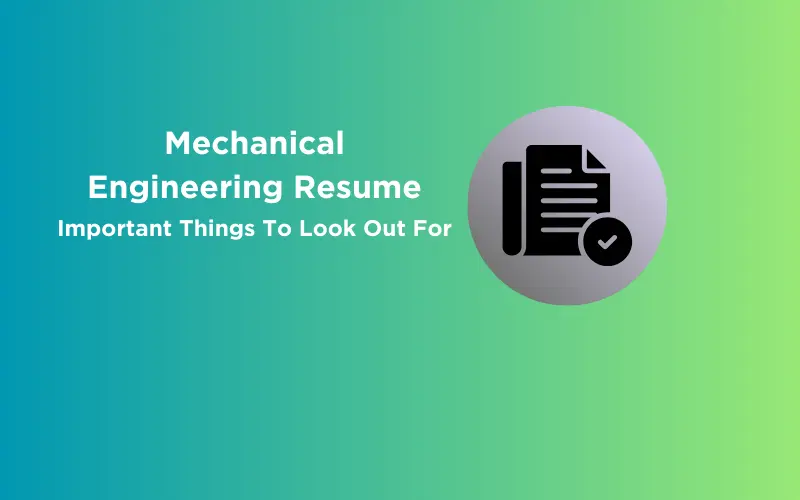

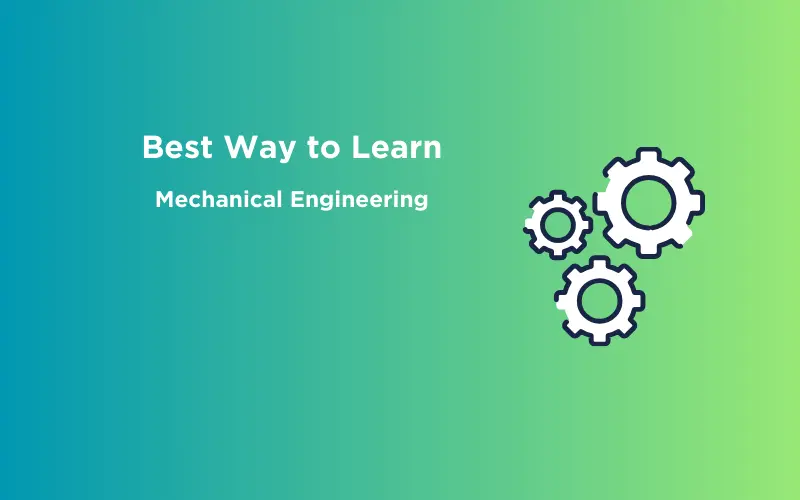
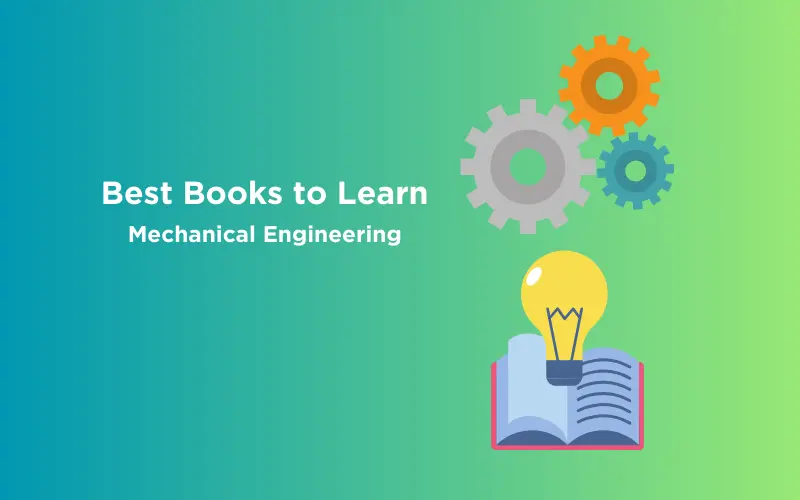
Did you enjoy this article?